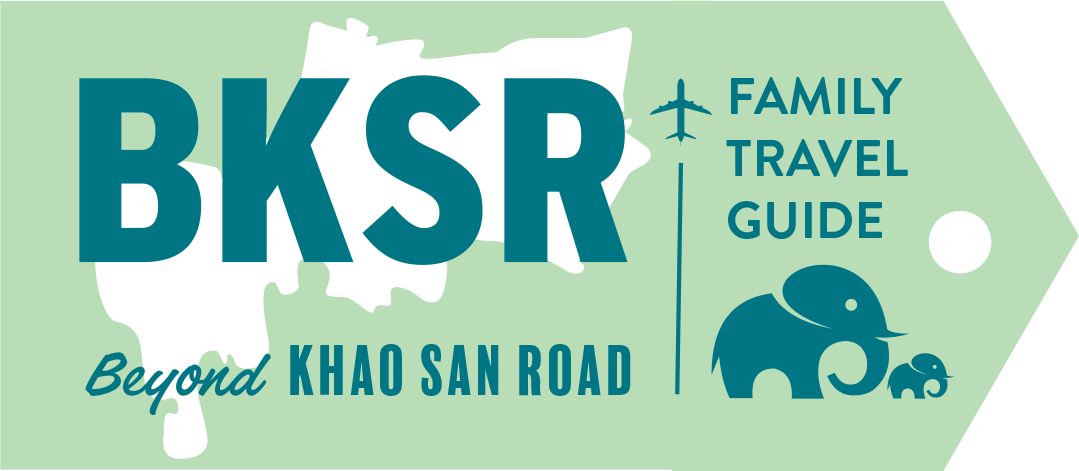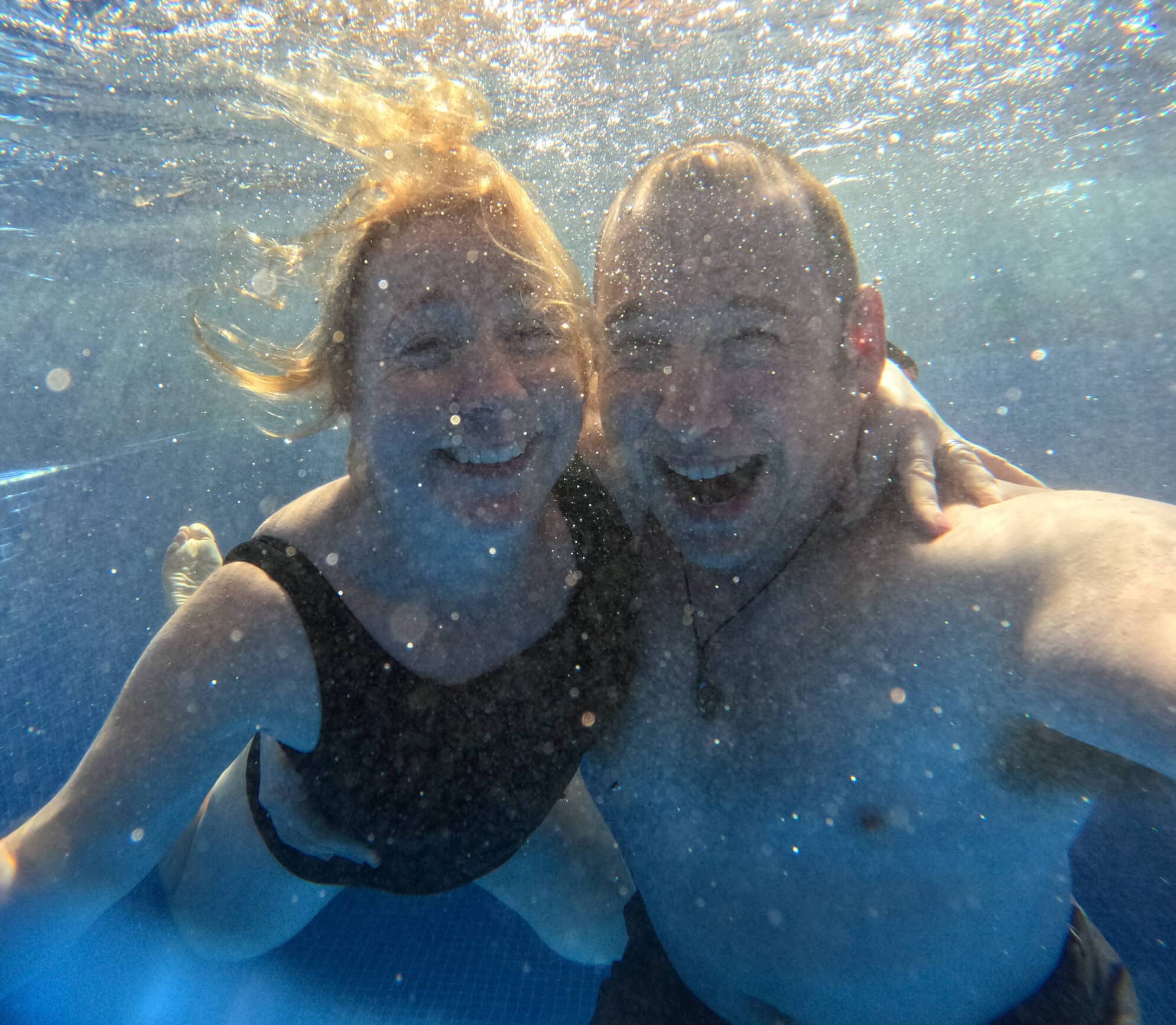There are few things in life more rewarding than travelling, and this amazing experience is only enriched when you share it with your children. As exciting as seeing the world is, embarking on adventures into the unknown with your family naturally amplifies the deep desire to ensure their safety. To help with your peace of mind, we have listed below our tried and tested tips on how to keep kids safe while travelling.
Our tips are split into two categories: pre-departure preparations and travel safety tips for your children that are vital when on the road.
Check Before You Travel
As my mum says, forewarned is forearmed! Take the time to read around your destination and see what other parents have to say. Don’t just limit your search to those travelling with children; take a look at what other backpackers have experienced when travelling as couples or solo.
Also, look at the government-issued travel advice. The UK’s Foreign Office is an excellent resource to check the facts on the ground (it was invaluable to us when planning our trip to Venezuela) as well as the US State Department.
My favourite advice is from the State Department Level 4 travel advisories, which suggests that you should “discuss a plan with loved ones regarding care and custody of children, pets, property…and funeral wishes” before you leave.
Needless to say, if the US government is telling you to make funeral plans before visiting, you probably should not go with children.
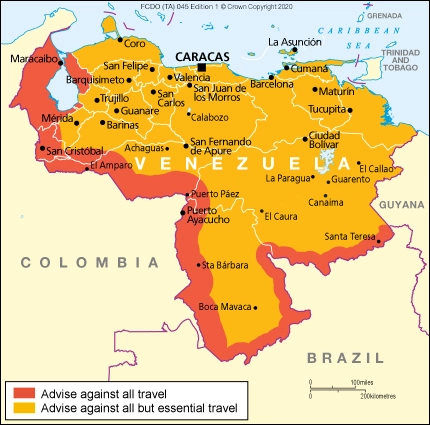
Get Your Travel Vaccinations
Before we get into this, we must issue an obligatory disclaimer that we are not qualified to give medical advice. The information below is a summary of our personal experiences of getting travel vaccines. Always speak to a qualified medical professional.
Getting vaccinated is a huge step to protecting your children from some truly nasty diseases. Adrian remembers his conversation with the nurse when he had his Yellow Fever jab back in 2007:
Nurse: “Yellow Fever is very fast-acting; you can be fine at breakfast and critically ill by evening.”
Adrian: “Wow, so how do the locals cope? Do they have a natural immunity?”
Nurse: “No, they just die”
This was sobering, to say the least.
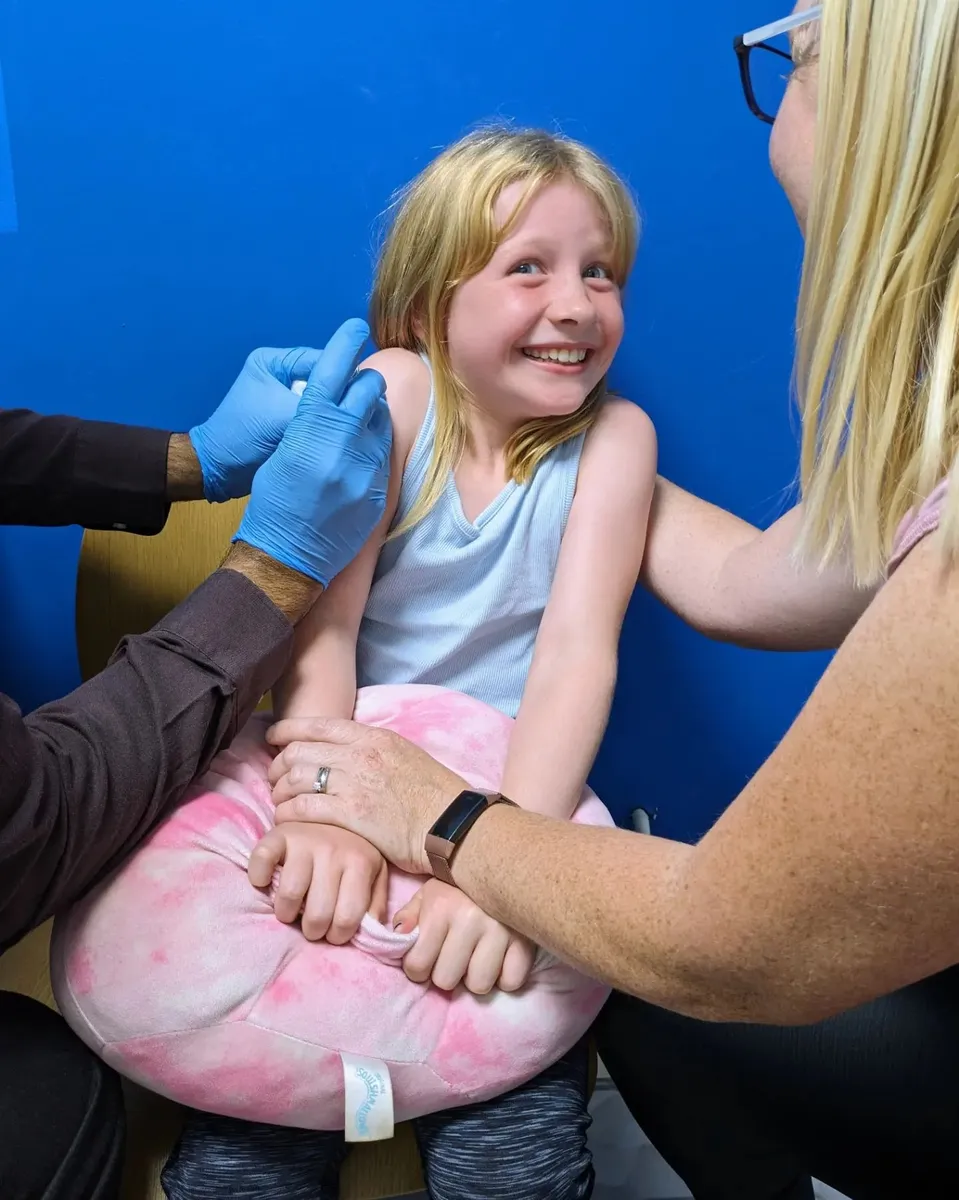
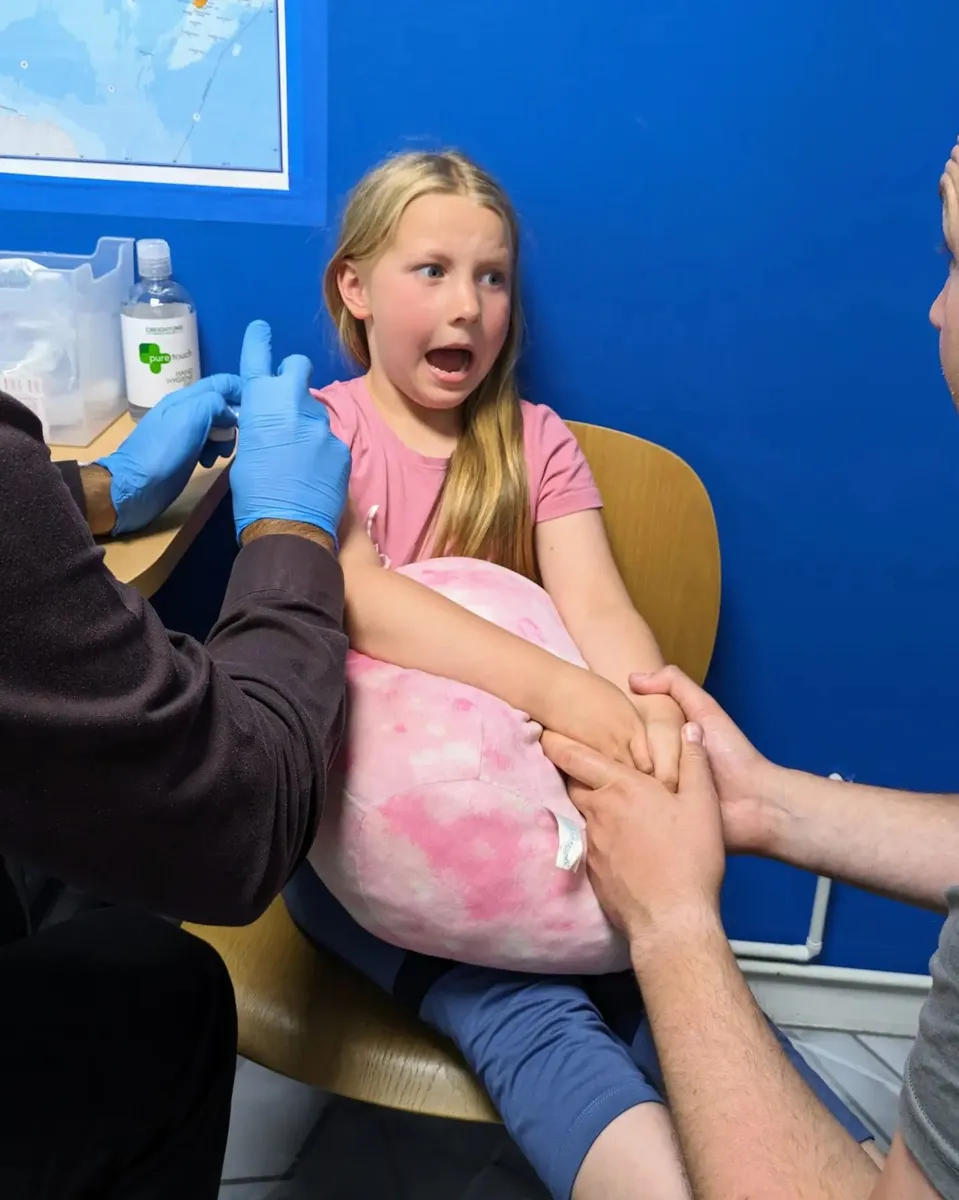
How We Arranged Our Vaccines
The first step is to get an idea of the actual jabs you need. This will vary depending on where you are going in the world; as a starting point, Travel Health Pro is a great resource. Ultimately, we deferred to the medical practitioner’s advice on what we needed, but having a strong idea made shopping around for the best prices easier.
If your jabs are not being done at your usual medical practice, get a copy of your family’s full medical history, including your past vaccines. We went to a specialist travel clinic for our shots, and by having our vaccine record with us, we discovered that Kirsty did not need some as she had received boosters when pregnant. Likewise, the girls also did not need some as they had received them as newborns. Your medical history is also very useful when taking out your travel insurance; see below.
Some vaccines take multiple doses to be effective and have to be given on a reasonably strict time timetable. For example, we had three jabs for Rabies and Hep B each a few weeks apart, and for Cholera, we had two rather disgusting drinks a month apart.
To be sure to have enough time, you need to start your first course of vaccines at least three months before you leave. Having spoken to the doctor who gave us our jabs, she said they can be done quicker but may not be as effective.
If you have had travel vaccines before, be aware that most of them are no longer effective after ten years. Adrian had an arm-full back in 2007, and nearly all of them needed to be done again in 2023. The only noticeable exception to this was Yellow Fever, which lasts forever once you have had it.
It is worth noting as well that some countries, such as Brazil and Kenya, will not let you in without proof of a yellow fever vaccination, so be sure to keep the cards safe.
In the UK, you are entitled to some travel vaccines for free at the point of use on the NHS, these include polio (given as a combined diphtheria/tetanus/polio jab), typhoid, hepatitis A and cholera. When we asked the doctor why these were included on the NHS, she explained that the implications of bringing some of these diseases back to the UK are so dire that it is more cost-effective to provide the vaccines than deal with a typhoid outbreak.
The last thing to consider is the day after your vaccines. It is possible that one or all of you could be unwell as your body reacts, so it is best not to plan anything important or strenuous. For us, Adrian had flu-like symptoms for about 24 hours after his second course of jabs, and Georgia ran a high fever after her third. Kirsty and Eva, being rather hard-core, had no issues at all.
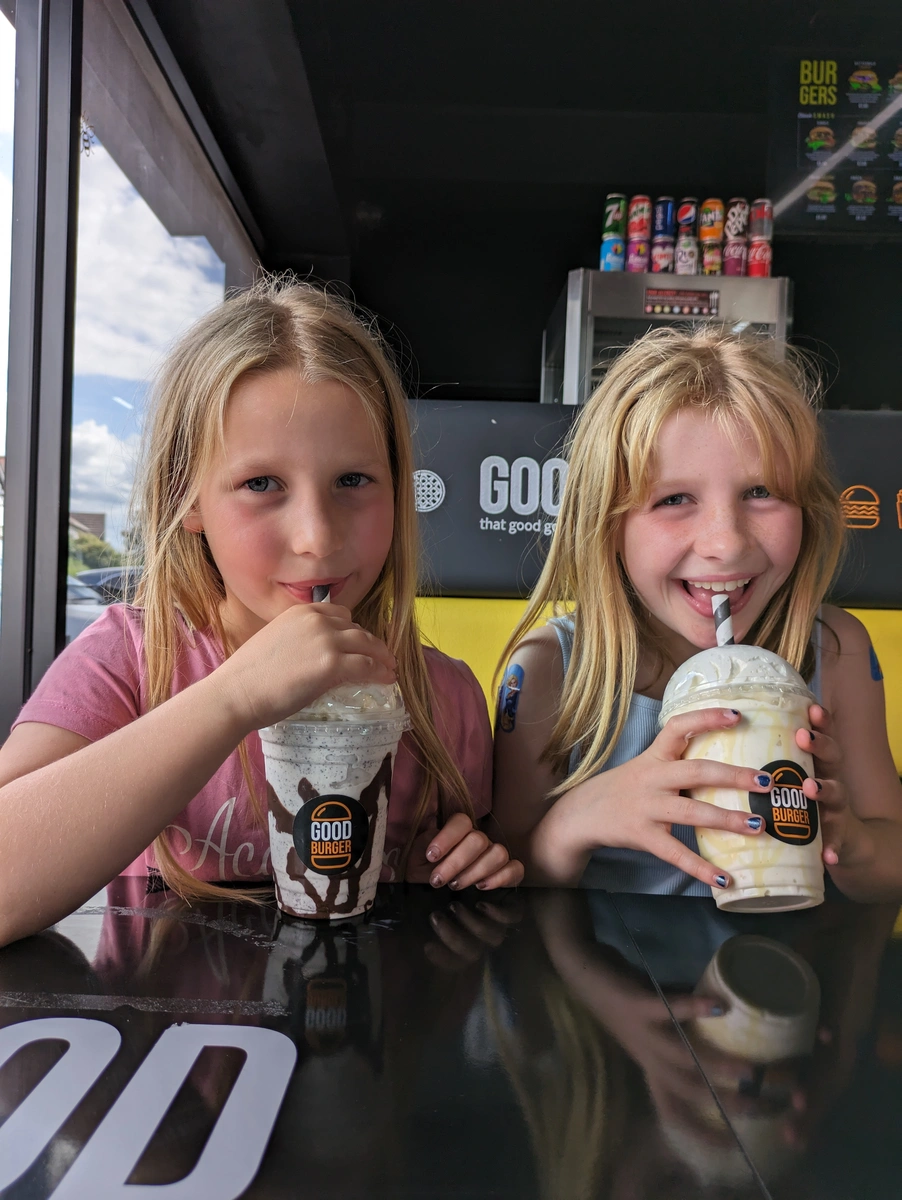
Double Check Your Travel Insurance
We don’t need to stress the fact that good travel cover is critical to keep kids safe while travelling. As with vaccines above, we are not insurance experts, but we have certainly spotted some common pitfalls. The main issue seems to be that insurance companies like to use any excuse at all to not pay out, so you need to work hard to make sure they can’t simply deny your claim.
1. Check how long a trip your travel insurance covers. Many “annual cover” policies only cover a maximum of 28 days out of your home country in one go, which is fine for most family holidays. If you are away for longer, look for “Backpacker” or “Gap Year” insurance. These policies can cover you all for trips of up to 18 months.
2. If you are going around the world, make sure your travel insurance covers you for “one-way” journeys. Why this matters is beyond us, but some insurers treat “one-way” journeys differently from “there and back” journeys.
3. Important One – Declare all pre-existing health conditions to your insurance company, no matter how minor. If you do have to put in a claim, you do not want to give the insurer any excuse to delay or refuse payment. In the UK, there was a story of a woman being denied a payout for an emergency appendectomy in Thailand because she did not declare she had suffered from COVID-19 over a year before. The fact that having COVID-19 had zero impact on needing the surgery was not relevant according to the insurers; as she had not declared it, her insurance was void.
To check for pre-existing conditions, insurers will refer to your medical records (which hopefully you asked for to check your vaccine status). This means if it is on your records, it is worth declaring. We went as far as telling them about the conjunctivitis and ear infection Eva had when she was 3.
4. Make sure there are no specific activity exclusions that could be a problem – If you are travelling with your kids, then the odds are you will not be doing anything especially dangerous, but some activities you want to do may be excluded. For example, our standard policy did not cover horse riding (something we want to do in Patagonia) and treks over 3000m (something we want to do in Nepal). Happily, we called and had these added for a small additional fee.
4. Check you have sufficient medical and repatriation cover – if the worst does happen and one of you is seriously injured, you need to be sure that your cover will take care of you and get you back home. The exact cost of this will vary greatly depending on where you are; for example, health care is a lot more expensive in the US than in Thailand.
After much shopping around and speaking to different travel insurers in the UK, we found True Traveller to be the best. Their website was clear and helpful, and the queries we did have were dealt with over the phone very quickly.

Keep Kids Safe While Travelling – On The Road
Talk To Local People
Our favourite travel tip! The best resource you will have to stay safe is the people that live in the area. Speak to the staff in your hotel and get their opinion on any areas or times of day to avoid. When it comes to staying safe, there is no substitute for local experience.
The only exception to this is when there is a financial incentive involved for the person giving the advice. For example, we have been in a situation where a tour guide we had spent several days with insisted that our hotel was not safe and we should stay at the one run by his brother. We explore some other common travel scams you might experience here, but be sure to use your best judgment.
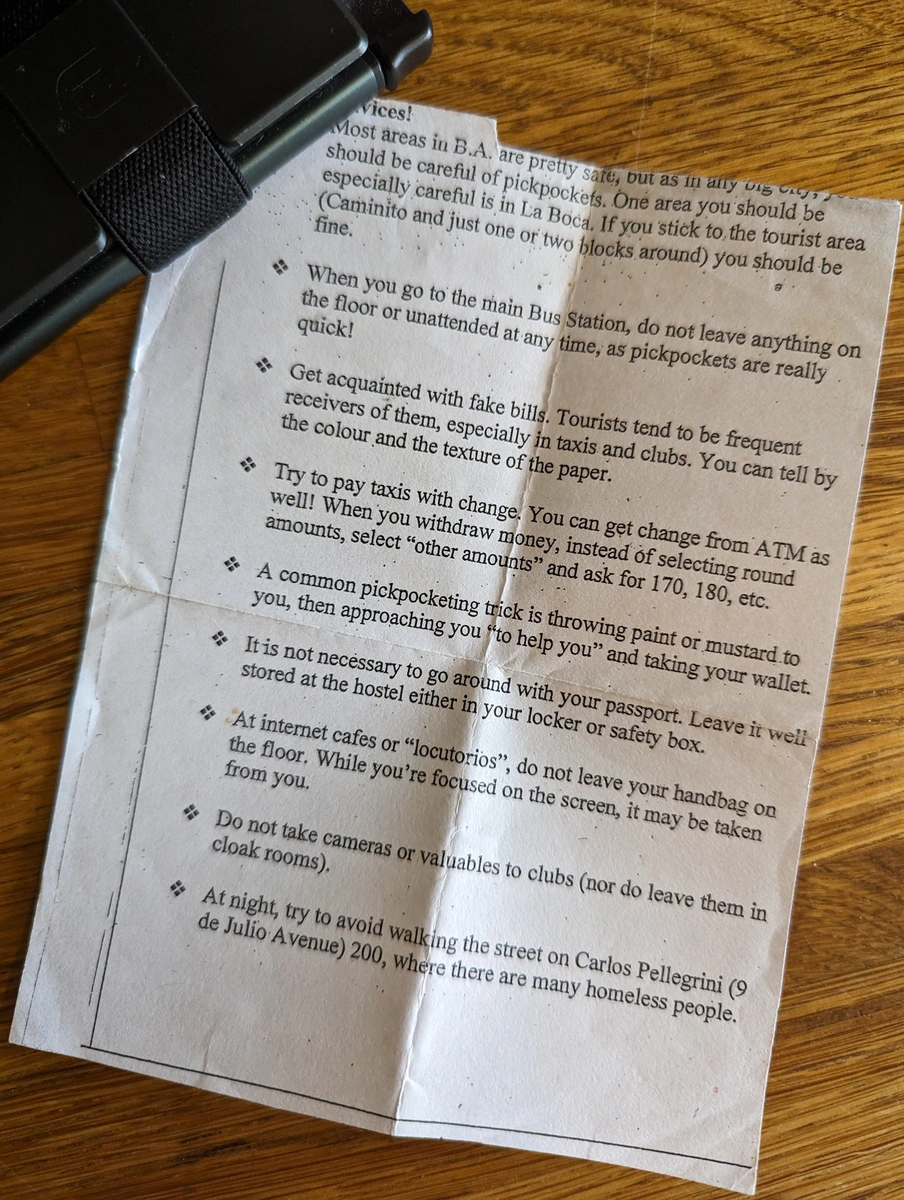
Talk To Other Travelers
Fellow backpackers may have already had some experiences or picked up some local tips, so be sure to ask them. For example, we were warned by another family about Manuel Antonio Beach in Costa Rica. Jellyfish are apparently notorious on this beach, yet there was no mention of this online.
Sure enough, as soon as we arrived at the beach, we were greeted with the sound of children crying as they had been badly stung when splashing in the water. The worst part, it was a 30-minute walk back through the national park for any pain relief.
Invest in ID Bracelets
These are a must to keep your children safe on any family trip. ID Bracelets are inexpensive but will make reuniting you with your children a much quicker process should you be separated. Also, if any of your family has critical medical information, it could be life-saving in the event of an accident.
You can get them relatively cheaply off Amazon or pay a bit more for some especially funky versions!
The biggest challenge we found with ID bracelets is that the girls love fiddling with them and taking them off. To encourage them to leave them alone, we ordered bracelets for us all a month before we left the UK. This meant the novelty of wearing them had worn off by the time we were on the road, and the girls could see Kirsty and I wearing them all the time as well. We also ordered a few spares.
We kept the information on the bracelets simple: we had their names, our contact phone numbers with international codes, and allergies (or “no allergies”) listed.
We also made a point of explaining to Georgia and Eva how important they were, and if they were to get lost they would have a way of reaching us on their wrists.
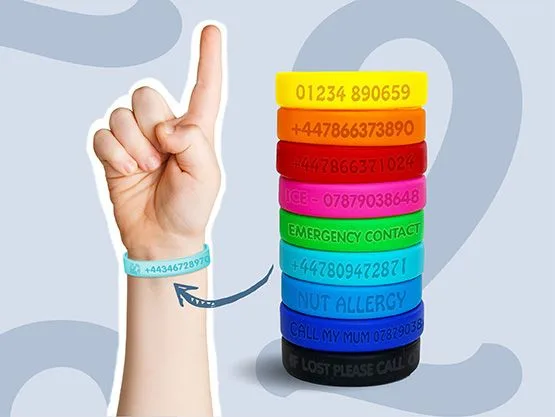
Take a Photo of Your Kids When You Leave Each Day
This is such a simple tip but can make all the difference if you get separated.
As you leave your accommodation each day, take a quick picture of your children. This means that should the worst happen, you can instantly show people exactly what they are wearing, and the picture will be very easy to share with others who may be searching. On a similar line, encouraging your children to wear bright colours if you are going somewhere with lots of people, like a theme park or busy airport, will make them easier to spot.
To remember to do this we made it into a little game each morning as to who could strike the coolest pose – Georgia usually wins!
Use Apple Air Tags to Track Your Kids
If you feel like this is getting a bit “1984” or “Black Mirror”, then that is totally understandable. The trade-off is that by wearing a tracker; you will have live information on where to find your children should you become separated.
There are lots of really funky-looking watch-style AirTag holders your kids can wear, although we ended up going for a necklace-style one as it was a bit subtler and also waterproof. Another option is to put an AirTag in their backpack; however, should they not be wearing it that day, then it is not much use.
If you are an Android user, then there is not as yet an equivalent system, although one has been promised by the end of 2023. Watch this space for more info.
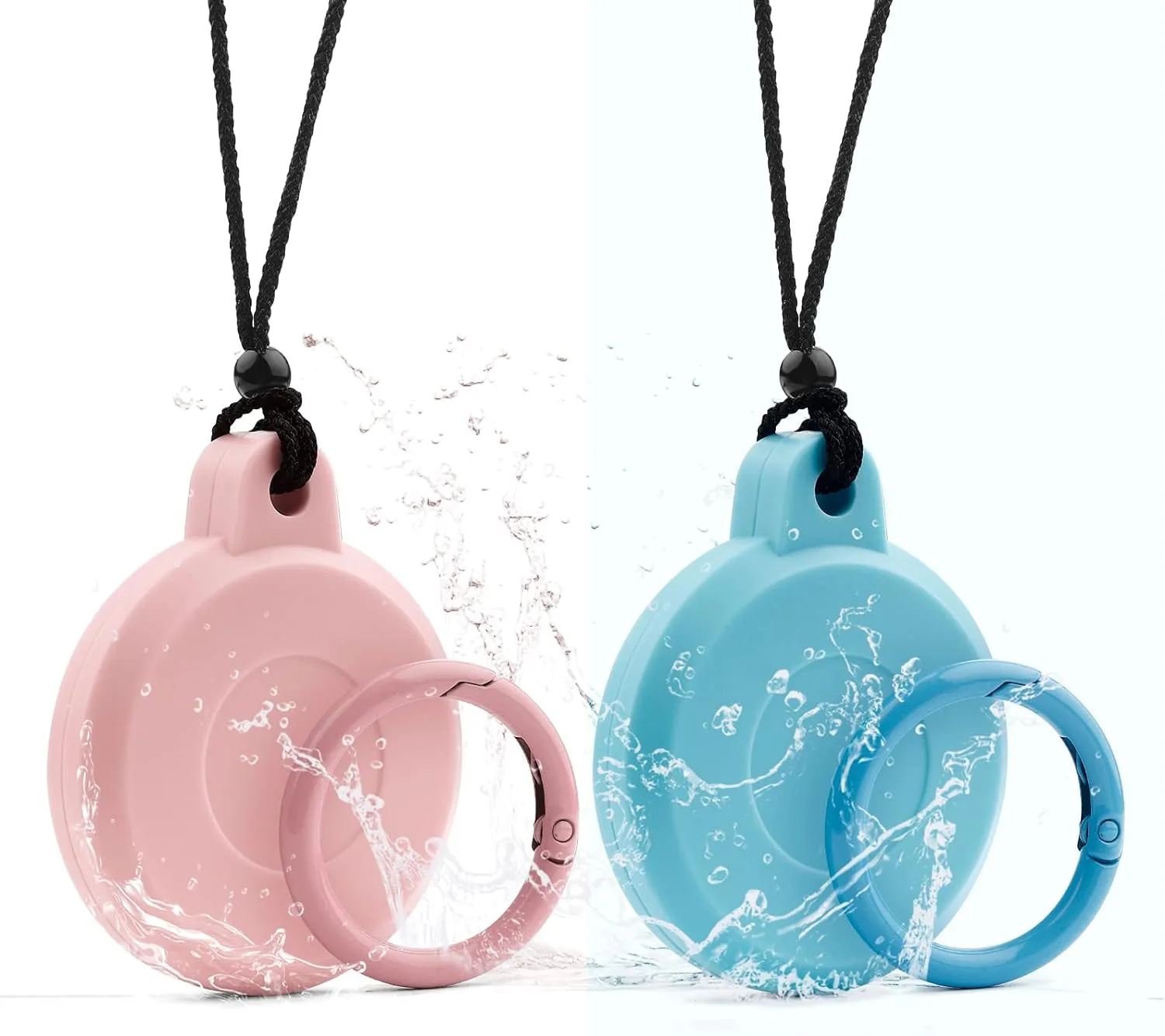
Teach Your Children Not To Drink The Tap Water
A nasty stomach bug will spoil any trip or even become a serious health risk if left untreated, especially for children who have a less developed immune system. The most likely culprit for an upset stomach will be exposure to the local tap water, and this is due to the radical difference between the quality of tap water we enjoy at home vs. what we encounter on our travels. In many parts of the world, especially in developing regions, there may be contaminants, bacteria or parasites in the water supply that can lead to health problems.
To avoid this, there are really three choices: buy bottled water, filter your water, or use water purification tablets. Of the three, bottled water is probably the easiest, albeit with environmental and microplastic issues. Water purification tablets are useful in a pinch but do make the water taste pretty disgusting.
For us, water bottles with inbuilt filters are the best option. The filters can remove bacteria and microplastics and mean you always have access to clean drinking water when out and about. This saves money and is great for the environment.
Staying hydrated is one of the key ways to avoid heat exhaustion and heat stroke, something we discuss here.

If you want a few more tips, tricks and hacks for travelling, check out our article: 84 Trailblazing Travel Tips And Hacks To Make Your Trip Epic.

If you want a few more tips, tricks and hacks for travelling, check out our article:
84 Trailblazing Travel Tips And Hacks To Make Your Trip Epic.
Building Safety Standards May be Very Different. Check Your Accommodation for Hazards
In the UK and the US, there are strict building regulations to keep people, especially children, safe. These regulations may not be the same in other parts of the world, so do not take them for granted.
Typical examples include the spacing of balcony railings or stairway dividers. In the UK, they have to be narrow enough so a child cannot slip between them. Likewise, windows have to be a certain height off the floor, use toughened glass and not open beyond a few inches so a child cannot fall out. Finally, in the UK, we do not have light switches or plug sockets in a bathroom to prevent them from getting splashed with water and shorting.
Take the time to explore any room you are staying in for these dangers and explain to your kids what they are and how to avoid them.

Make a Separation Plan and Stick To It
Having a clear plan on what to do if you are separated is vital. It is not enough just to have a plan; you have to be sure that your children understand it. Having a plan in place will give you peace of mind and make your reunion that much quicker should you get split up.
A separation plan can be split into three areas:
1. Teach Your Children How to Find a Safe Adult.
Teaching your children to look for people in uniform, such as police officers or firefighters, if they are separated is a helpful way of helping them find a safe adult quickly that will help them find their way home.
If they cannot see anyone in a uniform, teach them to look for other families with kids around, as they are likely with trustworthy adults who could help in getting them home quickly and safely.
2. The Stationary Location Plan
If you lose each other in a stationary location, like a theme park or busy airport, encourage your children not to wander away because if they do, they will be much harder to find. Instead, ask them to stay still and explain that you will come and find them.
If they have been waiting for more than five minutes for you to come back they should then go and find a safe adult, as explained above.
3. The Transport Plan
Getting separated, especially on busy trains, can happen in an instant. Although we have never lost each other in the morning rush hour, we have stepped off the London Underground and realised too late that Eva’s day pack was still on the seat. We watched helplessly as it went on its merry way.
There are two sides to the transport plan:
If they find themselves separated from us on the platform, we have made it clear that we will always come back for them – no matter how long it takes – and not get on a train until we are reunited.
If the opposite happens and they find themselves alone on a train then we make sure they know to get off at the next stop and wait. Again, they know we will come and find them.
Have We Missed Any Tips on How To Keep Kids Safe While Travelling?
We hope you find the above useful and they take a little stress out of your day-to-day life. It is totally natural to be concerned when on the road with your kids, especially when you are visiting amazing places that may have a less than savoury reputation after dark.
If there is anything you think we have missed then please let us know in the comments below and we will be sure to add it!
